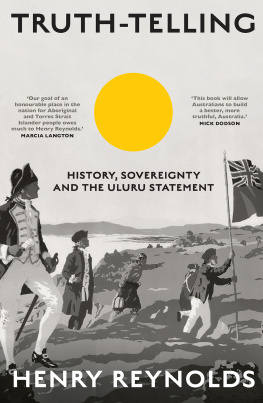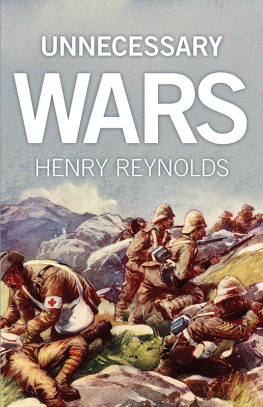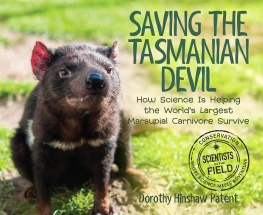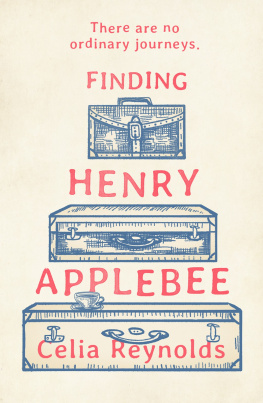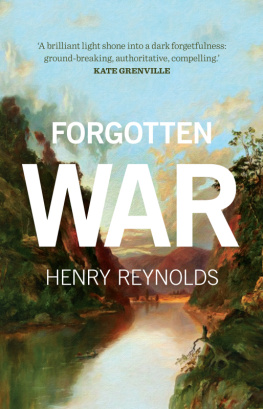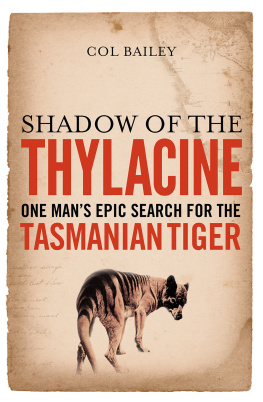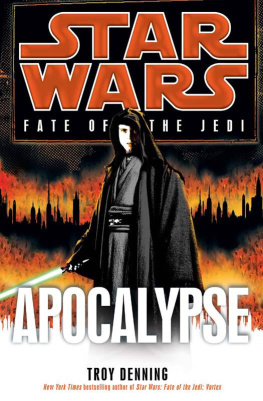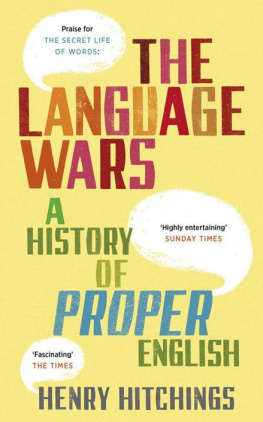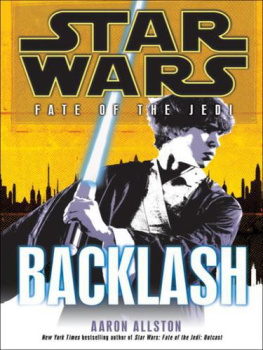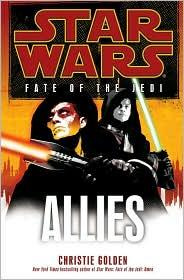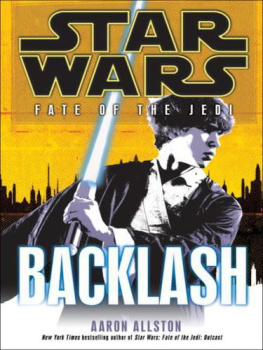Henry Reynolds - Fate of a Free People: A Radical Re-examination of the Tasmanian Wars
Here you can read online Henry Reynolds - Fate of a Free People: A Radical Re-examination of the Tasmanian Wars full text of the book (entire story) in english for free. Download pdf and epub, get meaning, cover and reviews about this ebook. year: 2021, publisher: Ligature, genre: Detective and thriller. Description of the work, (preface) as well as reviews are available. Best literature library LitArk.com created for fans of good reading and offers a wide selection of genres:
Romance novel
Science fiction
Adventure
Detective
Science
History
Home and family
Prose
Art
Politics
Computer
Non-fiction
Religion
Business
Children
Humor
Choose a favorite category and find really read worthwhile books. Enjoy immersion in the world of imagination, feel the emotions of the characters or learn something new for yourself, make an fascinating discovery.

- Book:Fate of a Free People: A Radical Re-examination of the Tasmanian Wars
- Author:
- Publisher:Ligature
- Genre:
- Year:2021
- Rating:5 / 5
- Favourites:Add to favourites
- Your mark:
- 100
- 1
- 2
- 3
- 4
- 5
Fate of a Free People: A Radical Re-examination of the Tasmanian Wars: summary, description and annotation
We offer to read an annotation, description, summary or preface (depends on what the author of the book "Fate of a Free People: A Radical Re-examination of the Tasmanian Wars" wrote himself). If you haven't found the necessary information about the book — write in the comments, we will try to find it.
Henry Reynolds: author's other books
Who wrote Fate of a Free People: A Radical Re-examination of the Tasmanian Wars? Find out the surname, the name of the author of the book and a list of all author's works by series.
Fate of a Free People: A Radical Re-examination of the Tasmanian Wars — read online for free the complete book (whole text) full work
Below is the text of the book, divided by pages. System saving the place of the last page read, allows you to conveniently read the book "Fate of a Free People: A Radical Re-examination of the Tasmanian Wars" online for free, without having to search again every time where you left off. Put a bookmark, and you can go to the page where you finished reading at any time.
Font size:
Interval:
Bookmark:
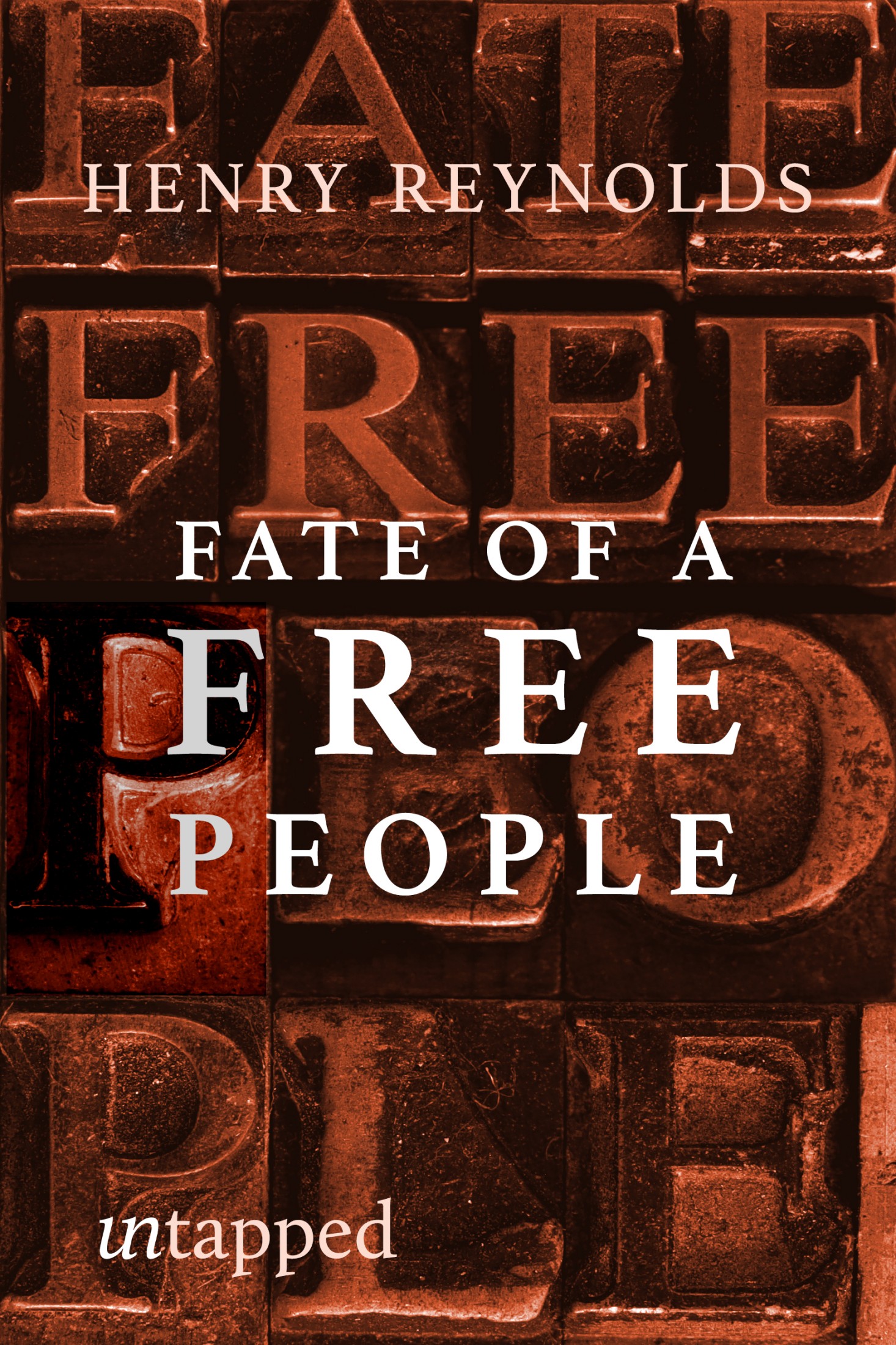
HENRY REYNOLDS
FATE OF A FREE PEOPLE

About Untapped
Most Australian books ever written have fallen out of print and become unavailable for purchase or loan from libraries. This includes important local and national histories, biographies and memoirs, beloved childrens titles, and even winners of glittering literary prizes such as the Miles Franklin Literary Award.
Supported by funding from state and territory libraries, philanthropists and the Australian Research Council, Untapped is identifying Australias culturally important lost books, digitising them, and promoting them to new generations of readers. As well as providing access to lost books and a new source of revenue for their writers, the Untapped collaboration is supporting new research into the economic value of authors reversion rights and book promotion by libraries, and the relationship between library lending and digital book sales. The results will feed into public policy discussions about how we can better support Australian authors, readers and culture.
The digitisation of Fate of a Free People was supported by a donation from the Marsden Szwarcbord Foundation.
See untapped.org.au for more information, including a full list of project partners and rediscovered books.
Readers are reminded that these books are products of their time. Some may contain language or reflect views that might now be found offensive or inappropriate.
In memory of my mother
Isabelle Alice Reynolds
19011994
An Exile in Tasmania
Acknowledgements
Many people have written about the Tasmanians. Anyone following in their footsteps owes them a debt. There have been some notable historians over the last 150 years whose books have been constantly by my sideJohn West, James Erskine Calder and James Bonwick from the last century, N.J.B. Plomley and Lyndall Ryan from this one. But my interest in Tasmanian history has been nurtured by experience outside the library and the archives. My father John Reynolds first fired my historical imagination and shared with me his great store of anecdotes about the past. My wife Margaret has been my companion on innumerable island excursions. I remember with appreciation my Tasmanian teachers, particularly Malcolm McRae and Michael Roe. Conversations with fellow Tasmaniansboth residents and members of the diasporahave been an invaluable source of ideas and information. I remember in particular Syd Harrex, Graeme Hetherington, Heather Felton, Maria Brandl, Cassandra Pybus, Lyndall Ryan, Michael Douman, Marilyn Lake, Greg Lehmann and Margaret Scott. I owe especial thanks to Marilyn Lake who read the manuscript, suggesting many ways to improve the prose and sharpen the perceptions.
I would also like to thank the Australian Research Council for the grant of a Senior Research Fellowship which provided me with the time to both research and write the book. My colleagues at James Cook University have been constantly supportive of my work despite my status as a scholar in absentia. Staff of the Tasmanian State Library and Archives have invariably been both helpful and efficient. Val Hicks was, as ever, a highly professional typist.
Conversions
Imperial | Metric |
1d (penny) | 0.83 cent |
1s (shilling) | 10 cents |
1 (pound) | $2 |
1 1s (guinea) | $2.10 |
1 inch | 2.54 centimetres |
1 foot | 30.5 centimetres |
1 yard | 0.914 metres |
1 mile | 1.61 kilometres |
1 acre | 0.4 hectare |
1 oz (ounce) | 28.3 grams |
1 lb (pound) | 454 grams |
1 st (stone) | 6.35 kilograms |
1 cwt (hundredweight) | 50.8 kilograms |
1 bus (bushel) | 0.0364 cubic metres |
1 pt (pint) | 1.68 millilitres |
1 gal (gallon) | 4.55 litres |
Introduction
For once I was lost for words. It didnt happen often in those days. I was a garrulous, opinionated student. At the time, I was talking with one of my history lecturers about Tasmania and the appeal of its landscape. He was less enthusiastic about it than I was. No, he said, its a bloody sad place. You can still hear the Aborigines crying in the wind.
Thinking about our conversation now, over thirty years later, I find his remarks less surprising than I did at the time. They reflected the way in which the past has always haunted the present in Tasmania. Many families trace their origins back to the early years of colonization. My lecturers ancestors had been free settlers who took up a land grant on the troubled frontiers of settlement. It had been the site of sporadic conflict with the local Aborigines and a hapless shepherd was buried there after dying from spear wounds. The property was still in the familys hands.
I had my own, somewhat different, links with the past. My grandmother told me, when I was six or seven, that as a teenager, she had often seen Queen Truganini around the town. She was thought to be the last of her race. When travelling on the main road between Hobart and Launceston my father showed me what he said was the site of a battle between the Aborigines and the British red-coats. I recall another day when we visited an old man and woman living near Sorell who, I realized much later, were the successful novelists, Roy and Hilda Bridges. I was taken for a walk by Roy Bridges and my father and shown the site of Governor Arthurs final camp at the end of the famous Black Line, the colonys final attempt to drive the Aborigines into a small, easily guarded area. There was nothing there to see, as I recall it. Just grass and a few bushes. Given the sense of occasion I was deeply disappointed. But I was struck by the serious demeanour of the two tall men. It was a site of significance as far as they were concerned. On Sunday afternoon visits to the Hobart museum I often gazed at a diorama of an Aboriginal man and woman sitting by a campfire while a little boy looked on. I was very curious about him, wondering what sort of games one could play with him.
Years later, when I was researching the history of the relations between the Tasmanian government and the Aboriginal community on the Bass Strait Islands, I discovered that the 1920s governments plans to remove the children from their families and educate them on the Tasmanian mainland had been discarded after the office of the Parliamentary Draughtsman had advised that such action would be contrary to the common law. At the time my great-uncle was deputy Parliamentary Draughtsman. I like to think that he had a hand in framing the advice which prevented the implementation of a policy that had such dire consequences elsewhere in Australia.
During my education I had learnt, at one time or another, about the major events in the history of Aboriginal-European interaction. In retrospect Im not sure how much of that was learnt at home and how much at school. White Tasmanians had a long tradition of writing about the Black War of the 1820s and of the Aboriginals tragic fate. Competent colonial historiansJohn West, James Bonwick, James Erskine Calder and H. Ling Rothhad written about the Tasmanian Aborigines, often with real distinction. Even during the first half of the twentieth century, when Australian historians increasingly overlooked the Aborigines, the Tasmanian story continued to attract the attention of scholars, novelists and journalists. Clive Turnbulls
Font size:
Interval:
Bookmark:
Similar books «Fate of a Free People: A Radical Re-examination of the Tasmanian Wars»
Look at similar books to Fate of a Free People: A Radical Re-examination of the Tasmanian Wars. We have selected literature similar in name and meaning in the hope of providing readers with more options to find new, interesting, not yet read works.
Discussion, reviews of the book Fate of a Free People: A Radical Re-examination of the Tasmanian Wars and just readers' own opinions. Leave your comments, write what you think about the work, its meaning or the main characters. Specify what exactly you liked and what you didn't like, and why you think so.

